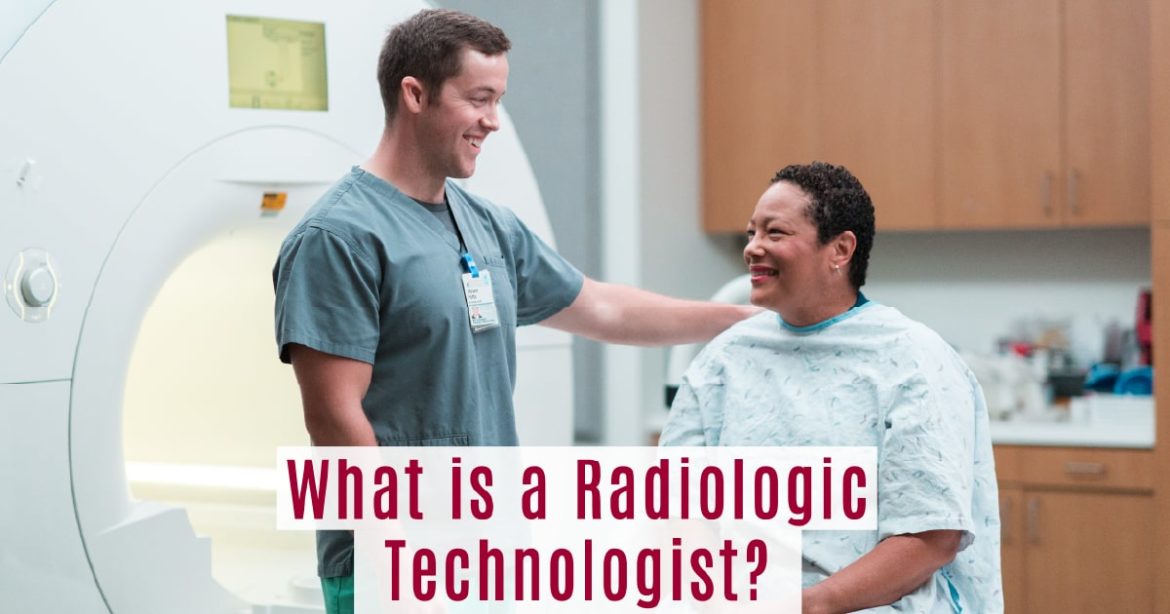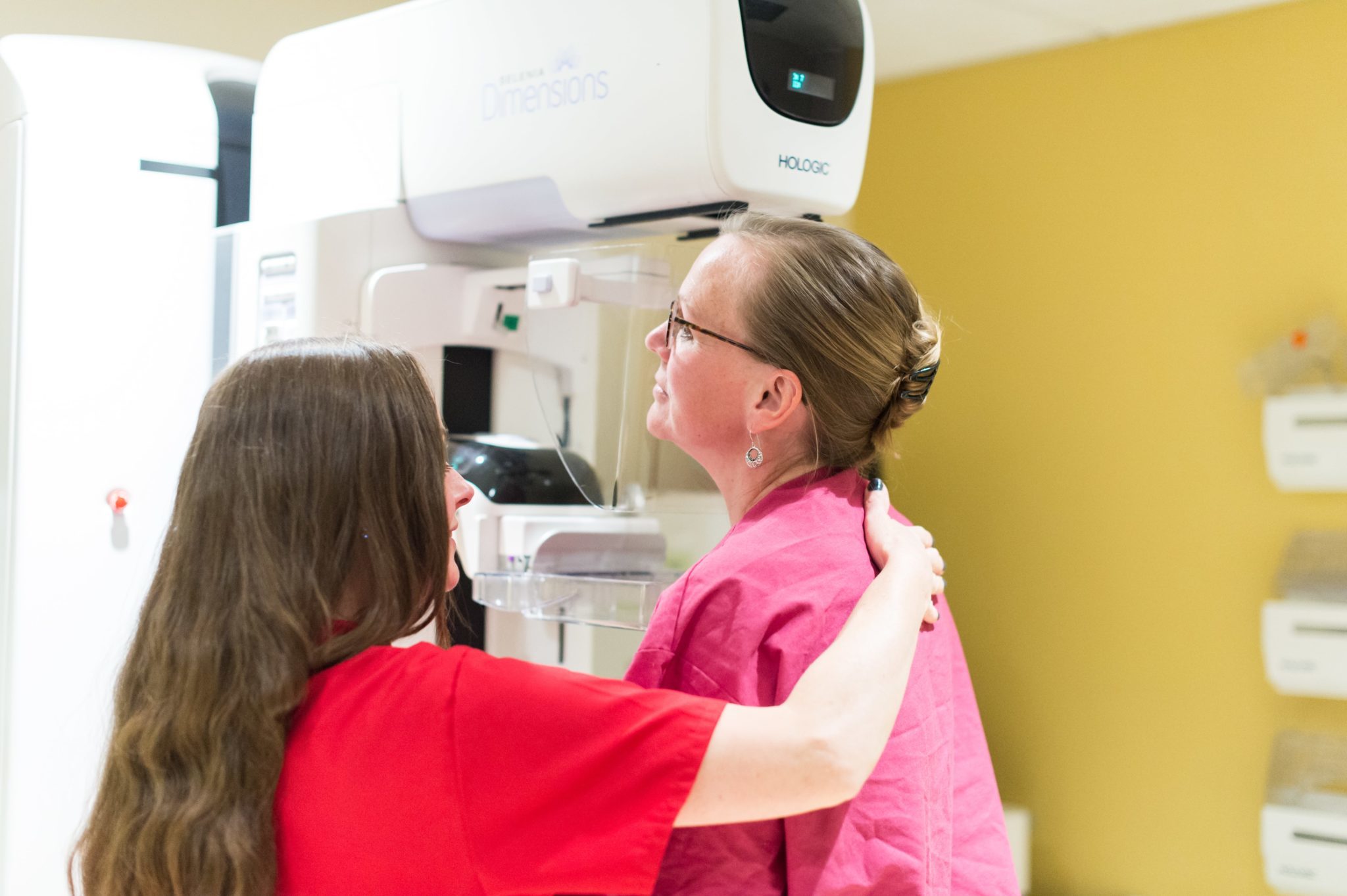Have you ever found yourself wondering “Who is the person that prepares and positions me for my imaging exam?” or “Who is the person that takes my medical image?”
A common misconception is that a radiologist is the person who interacts with you to position you for your imaging exam and take your medical images. But in fact, this person is the radiologic technologist. While a radiologist is the medical doctor who reads and interprets your imaging, a radiologic technologist is an expert at operating complex radiologic machinery to conduct imaging tests.
What Does My Radiologic Technologist Do?
A radiologic technologist is an educated and nationally certified health care professional who administers medical imaging examinations. On the day of your exam, you will probably interact with your radiologic technologist the most. They are the ones who interact directly with patients.
Technologists also work closely with radiologists to help deliver high quality images for your diagnosis. Radiologists are the trained, specialized doctors who work behind the scenes to diagnose your case and help determine the next steps in your care.
Your technologist will be the one preparing and positioning you for your exam. They will talk to you and instruct you throughout the exam. And after your exam, they will make sure the proper images end up in your radiologist’s hands. The technologist works to perform the imaging exam correctly so the radiologist can accurately diagnose your case and recommend the correct treatment.
Clearing Up the Confusion
“As technologists, we are not qualified to give results,” says Chief Diagnostic Technologist Anthony Calise. “While we may ‘see’ something on the film, it is beyond our scope of practice to interpret the films and deliver results to the patient,”
“One of the biggest misunderstandings that [technologists] face is our patients will often ask us if we see anything on the X-ray.”
Don’t worry, though. Every radiologic technologist is highly qualified to safely administer your exam. They have lots of experience obtaining the best images for the doctor. And, of course, they are happy to answer your questions regarding the actual exam.
In fact, they have all received at least two years of special training and have passed a licensing exam in order to become certified. They are true experts in patient positioning and in operating the complex machinery.
Good Instruction is Key to Exam Preparation
Depending on what type of exam you are receiving, your technologist will tailor your instructions. They will make sure you know how to prepare for you specific examination beforehand. This might include eating and drinking restrictions or wardrobe suggestions. Your technologist may need to give you a contrast dye that can be injected or taken orally. Whatever the exam, you can count on your radiologic technologist to give you the necessary instructions.
Your technologist will also make sure you are safe throughout the exam. They’ll ensure you receive the lowest amount of radiation possible, and they’ll protect you from overexposure with any necessary protective coverings. The technologist helps you with all the preparation so they can get the best quality image for your radiologist as safely as possible.
Only the Best
At UVA Radiology and Medical Imaging, our technologists are highly trained for the scanners they operate and always put patient care first.
“Our technologists have the ability to work with the complete gambit of patients, and work efficiently for the best patient care,” said Jamie Weathersbee, MRI Chief Technologist. “They’re able to multitask and make decisions in the moment to get the job done right the first time to avoid any additional imaging or exposure to radiation. I enjoy working for UVA because of the staff I get to work with every day.”
Our radiologists are confident in the ability of every radiologic technologist we have. You can count on them to take precise images that enable radiologists to accurately diagnose your medical issue.
See what the American Registry of Radiologic Technologists has to say about the profession, and learn more about what technologists do and who they are from the American Society of Radiologic Technologists.




